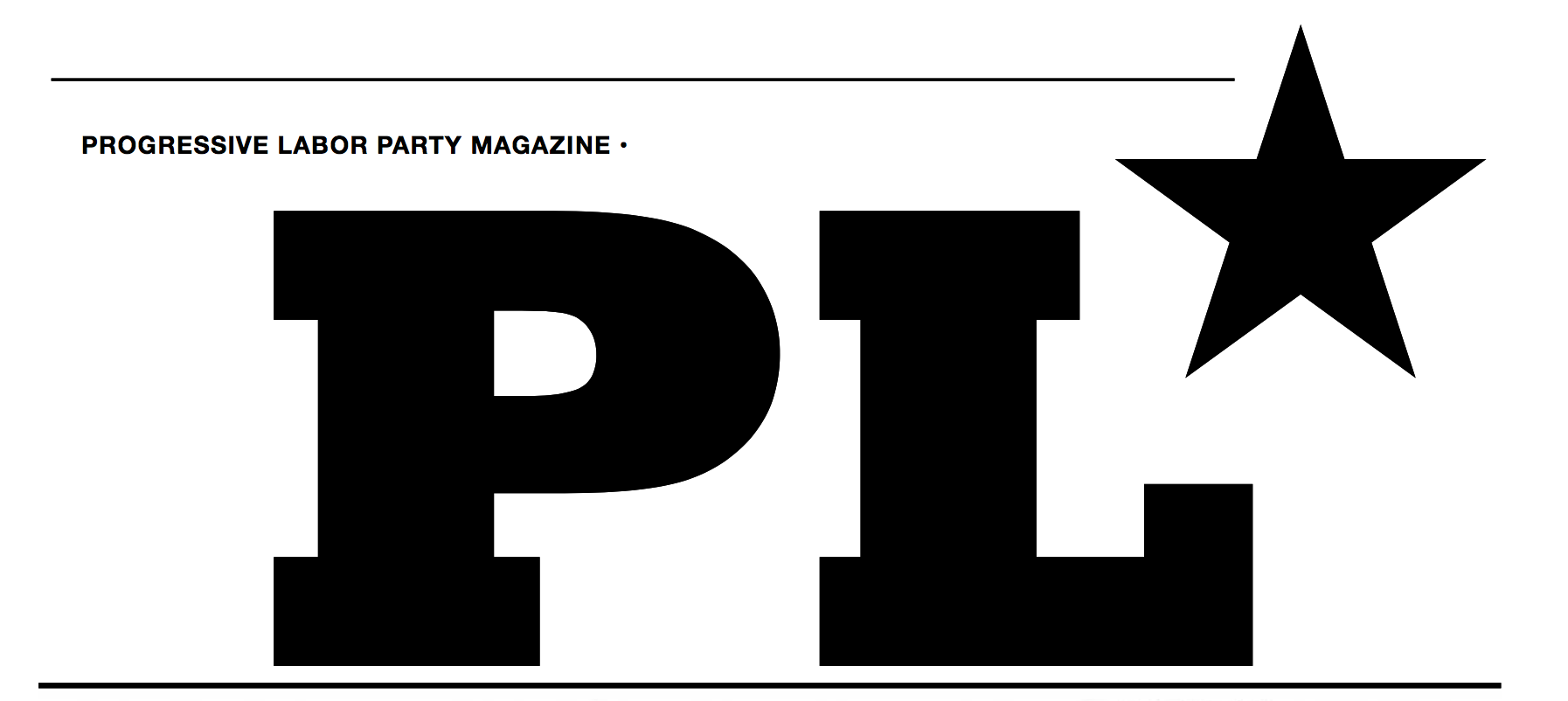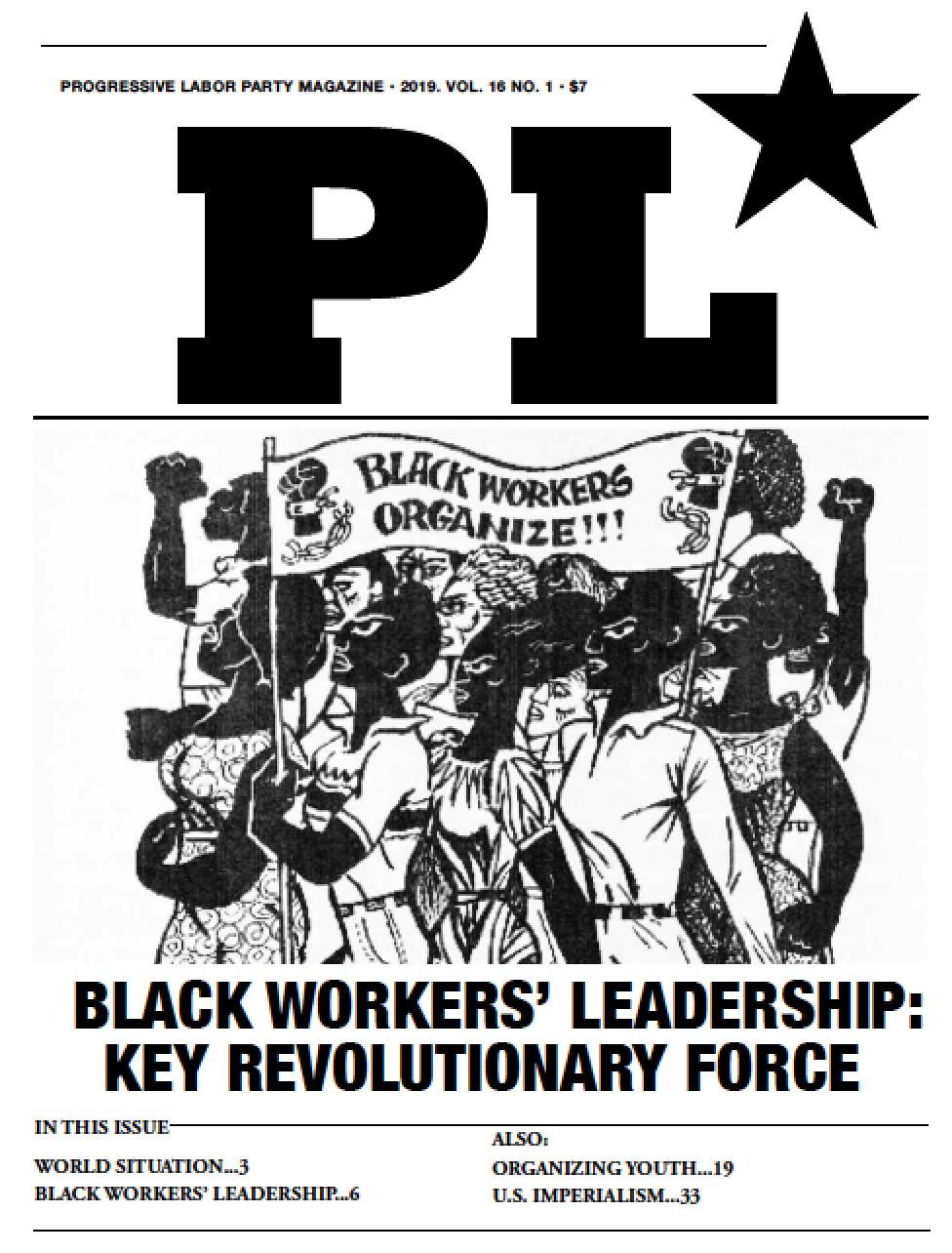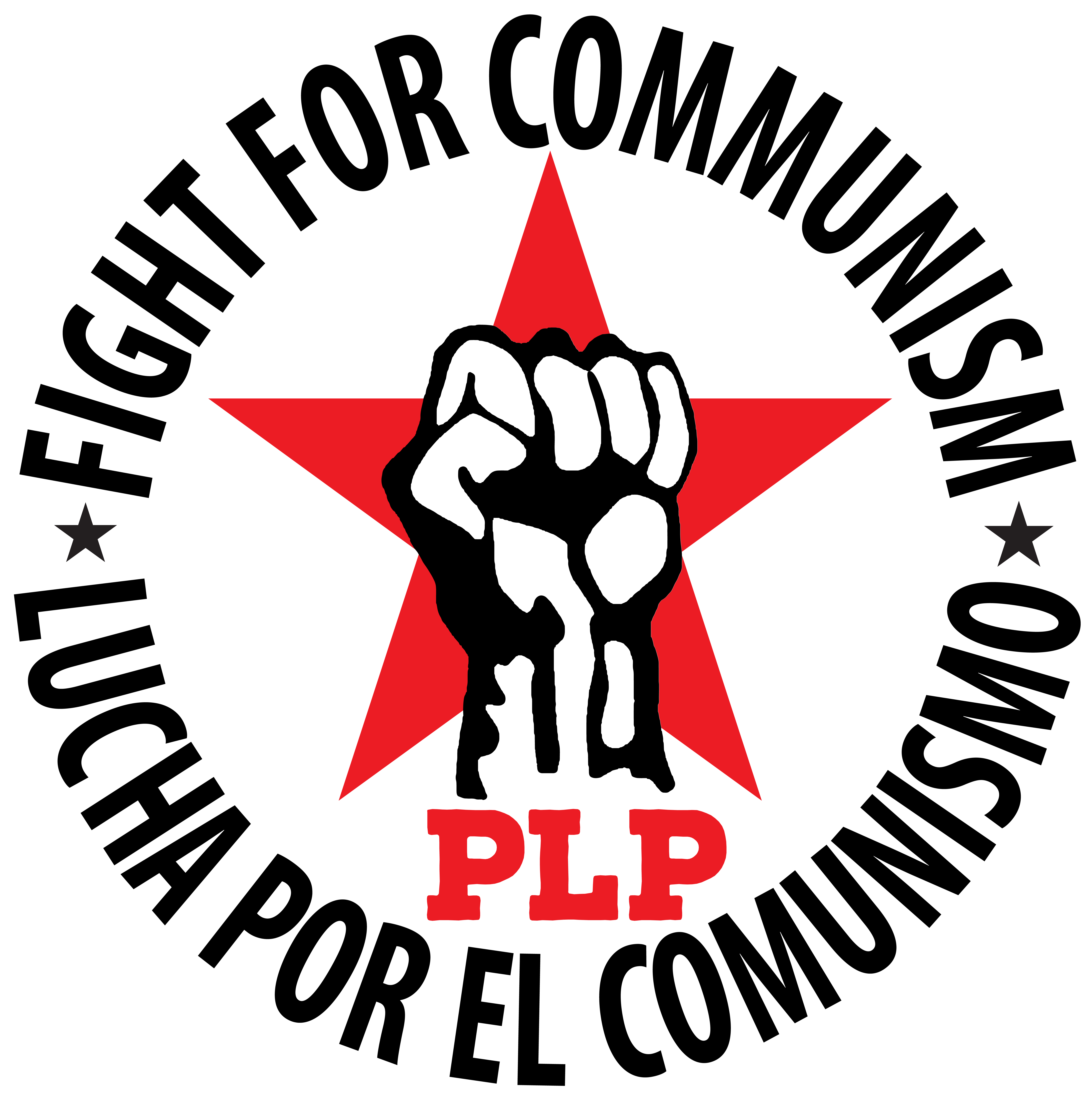Collectivity, not profit, must be the foundation
 Friday, July 9, 2021 at 5:43PM
Friday, July 9, 2021 at 5:43PM It is widely if not explicitly acknowledged that profit motive lies behind the evolving horror of the Miami condo collapse (see editorial, page 2). The evidence is incontrovertible: cost-cutting in both building materials and building maintenance are to blame. The apparently inescapable reach of profit-driven tragedy leaves any decent person feeling sickened and perhaps even defeated.
Readers of CHALLENGE deserve to know—what would housing be like under communism?
Building from ashes
For starters, we must be real: Following the devastation of world war and armed revolution, housing would be scarce. Revolutionary workers will inherit the wreckage that is housing under capitalism, where even in peacetime, a great portion of the population is left poorly housed or unhoused. Revolution emerging from the ashes of war will compound that challenge.
In socialist Cuba the Urban Reform Law of 1960 abolished the collection of rent by landlords.
During Joseph Stalin's time, the main form of Soviet housing in cities was the communal apartment, known as Kommunalkas. Every unit—single, couple, or family—had a room, size varied by family, with shared kitchens and bathrooms (see diagram). This was due to a great housing shortage at the time of the Revolution and thereafter.
But this was also a society where EVERYONE had access to a roof over their head, a kitchen and a bathroom. Abolition of homelessness was the core principle, not profit maximization. This interview captures how Soviet workers experienced communal living conditions.
A: How many years would you say you have spent in kommunalkas?
B : All my life. All my life. I was born in a kommunalka. Of course there we had a three-family apartment, and then I lived on Petr Lavrov Street, there were nine tenants, and here there are 11. So, my whole life.
A: And every time a bigger one.
B : Yes, yes, my whole life.
A: I see. And where is it better to live, in a new district in your own little apartment or despite everything?
B : Yes, I like living here very much.
A: Since the film won’t have my question, you should answer in a full sentence. Is it better to live in a kommunalka in the center of the city than in a private apartment in a new district?
B : It’s better to live in a communal apartment, a large one, in this kind of, in a historic district, a historic Petersburg district, than in a housing complex.
A: Why?
B.: There’s some kind of disconnection; life is more boring. I don’t know, it seems to me that people there are completely different. Everybody is on their own. And here we’re like one big family. If someone is in trouble, it gets shared. Or a joy, you share that too.
Today one person will be in a bad mood, and tomorrow it will be a different person. We somehow neutralize each other, and it works out very well.
A: I see.
B : I like it. I love this apartment. I do. The bathroom has its problems, but we put up with everything. Of course, your own apartment is a good thing, but if I had to choose the lesser of two evils, then this is better.
- Barker and Grant, eds. The Russia Reader (Duke UP, 2010), pp. 617-618.
The interviewee describes the benefits of thinking of, living with, and working with the masses. These communal apartments engendered a sense of collectivity. We can see communist ideas taking shape.
Compromises with capitalism lead to demise
The accelerating compromises with capitalism of the post-Stalin era spelled the death of communism in the USSR. Nikita Krushchev was a Soviet revisionist misleader that ushered this in. This passage from the Wikipedia article "Communal Living in Russia” shows this development:
After Stalin's death in 1953, Khrushchev's regime embarked upon a mass housing campaign, to eliminate the persistent housing shortages, and create private apartments for urban residents. This campaign was a response to popular demand for “better living conditions, single-family housing, and greater privacy;” Khrushchev believed that granting the people private apartments would give them greater enthusiasm for the communist system in place and that improving people's attitudes and living conditions would lead to a healthier and more productive workforce. However, the new apartments were built quickly, with an emphasis on quantity over quality, and in underdeveloped neighborhoods, with poor systems of public transportation, making daily life harder for workers. These apartment blocks quickly became called ‘khrushchyovka,’ a cross between Khrushchev's name and the Russian term for slums.
The lesson here is profound—even the defeat of shortage does not guarantee the victory of communism. Building private apartments instead of collective ones was a step backward for the working class. It promoted individualism and isolation. This led to dealing with problems by yourself (or letting them fester) instead of solving problems collectively. When it comes to building a communist society, we can’t cut corners.
Only the most determined and protracted battle to expand the scope of each worker’s concern so that shortage must be endured wherever workers hold power until profit-induced homelessness (or hunger or oppression) of any worker anywhere has been defeated.
PLP’s more complete analysis of how and why communists fell short of this task in the USSR, China, and Cuba are at www.plp.org





 Progressive Labor Party (PLP) fights to destroy capitalism and the dictatorship of the capitalist class. We organize workers, soldiers and youth into a revolutionary movement for communism.
Progressive Labor Party (PLP) fights to destroy capitalism and the dictatorship of the capitalist class. We organize workers, soldiers and youth into a revolutionary movement for communism.




Reader Comments